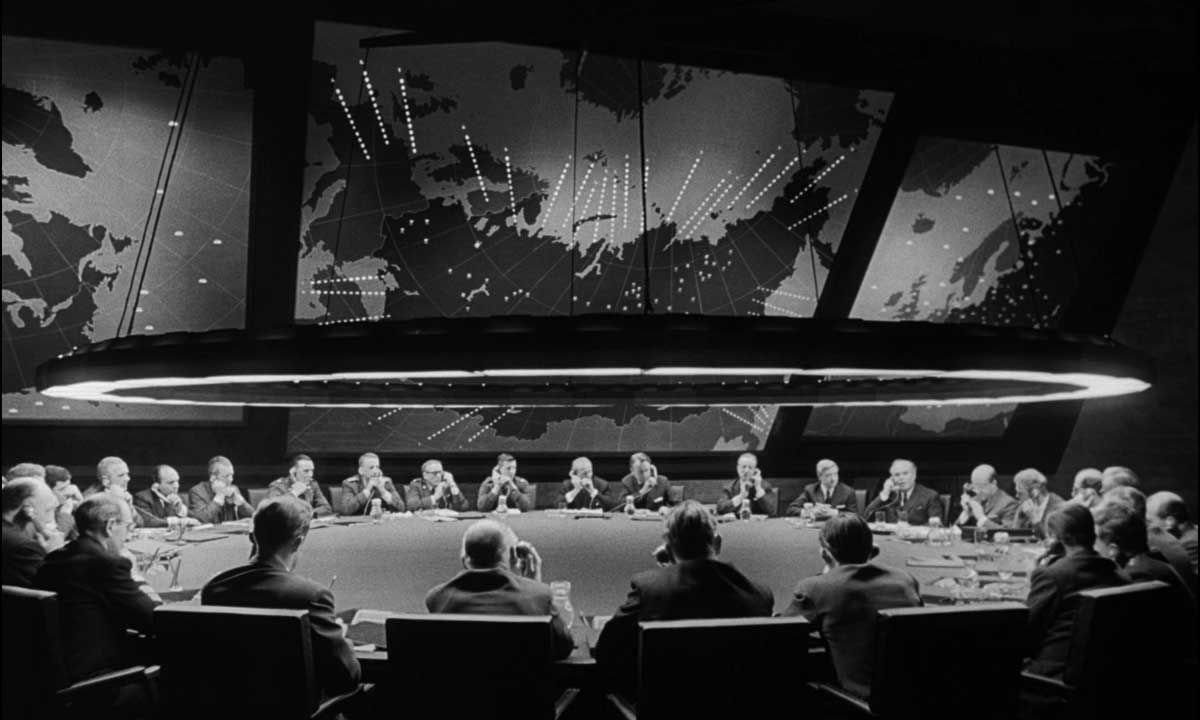How close are we to a second Cuban Missile Crisis? Sixty years after a 13-day standoff between the United States and the Soviet Union, the world could again be staring at a potential nuclear confrontation. The Ukraine conflict has reached a new level of nuclear sabre-rattling and both sides desperately need to find a nuclear off-ramp. So what lessons can we draw from the 1962 crisis and other nuclear close-calls? And as we continue to push our current international security architecture to the brink of collapse, how do we bolster the principles that guide international cooperation?
In the 1960s, a disaster was averted in most part because both the American and Soviet leaders understood and feared the ramifications of nuclear war. Both John F. Kennedy and Nikita Khrushchev shared a willingness to compromise in private and understood the gravity of the decisions they made. The nuclear strategist and Nobel Prize-winning economist Thomas Schelling observed that “accidents do not cause war, decisions cause war.” According to Schelling, what might appear as an accident reflected past choices that triggered the loss of control. That is why a nuclear relationship, even one between strategic rivals, should be able to absorb and defuse a “hot-headed, desperate decision at the peak of a crisis.” This is something we should be mindful of today as an escalation resulting from a false alarm is most likely to cause a nuclear disaster. The India–Pakistan missile incident earlier this year was a reminder of just how close things can get: a mistake during routine maintenance saw a nuclear-capable – but fortunately unarmed – Indian missile fired into Pakistan, also a nuclear power. If it wasn’t for the direct communications line and protocol in place, India’s apology would have been futile.
The Cuban crisis also teaches us that we need to seize the opportunity to de-escalate at the right moment. If the Ukraine conflict intensifies any further, it will be crucial to create a nuclear exit strategy. In doing so, both sides will need to be clear-eyed about where they stand. At the height of the Cold War, Herman Kahn, the father of scenario planning, devised a 44-rung escalation ladder to study nuclear escalation. He noted that the step from rung nine (“Dramatic military confrontations”) to ten (“Provocative Breaking Off of Diplomatic Relations”) was the point when nuclear war stopped being unthinkable. The Ukraine crisis (rung 12: “Large Conventional War”) therefore puts us on very dangerous footing.
Our most immediate priority must be to avert nuclear disaster and an escalation of the Ukraine conflict. But when the dust has settled, the international community needs to establish why our global security frameworks have failed us, yet again. We will need to embrace a more holistic understanding of security which puts human nature, national interests and strategic culture at the centre of our thinking about the state and the global system. As a neuroscientist, I understand the central role that emotionality plays in decision-making. The human experience is intimately linked to and mediated by emotionality. In short, we are far more emotional than rational. Because our brains are neurochemically impacted by everything in our environment, our moral compass is fragile and is governed by what I call our “perceived emotional self-interest”, which implies the dangers of misperception. This should be the starting point for new multilateral security frameworks in an increasingly multipolar world.
It is the nature of all states throughout human history to strive for survival and then aim to dominate, if they can. In a globalised world hard-wired by instant connectivity, security can no longer be thought of as a zero-sum game involving states alone. That is why we need to move towards a Multi-Sum Security framework that promotes win-win security interactions between states and cultures. More broadly, global security can no longer afford to only focus on national security at the detriment of transnational, human, environmental and transcultural dimensions of security. In an interdependent world plagued by dogged rivalries and dangerous frontier risks, all five dimensions are paramount for peaceful and prosperous global order.
There is a lot we can learn from Stanley Kubrick’s dark comedy about accidental nuclear war, Dr. Strangelove or: How I Learned to Stop Worrying and Love the Bomb. Released in 1964 and developed together with Thomas Schelling, the film points to the pitfalls of nuclear deterrence and mutually assured destruction – a chilling portrayal of nuclear-defence management gone disastrously wrong. President Putin watched the film a few years ago (during ‘The Putin Interviews’ with film director Oliver Stone) and warned then about potential miscalculations. It is high time that leaders of all nuclear states watch the film and compare notes.


